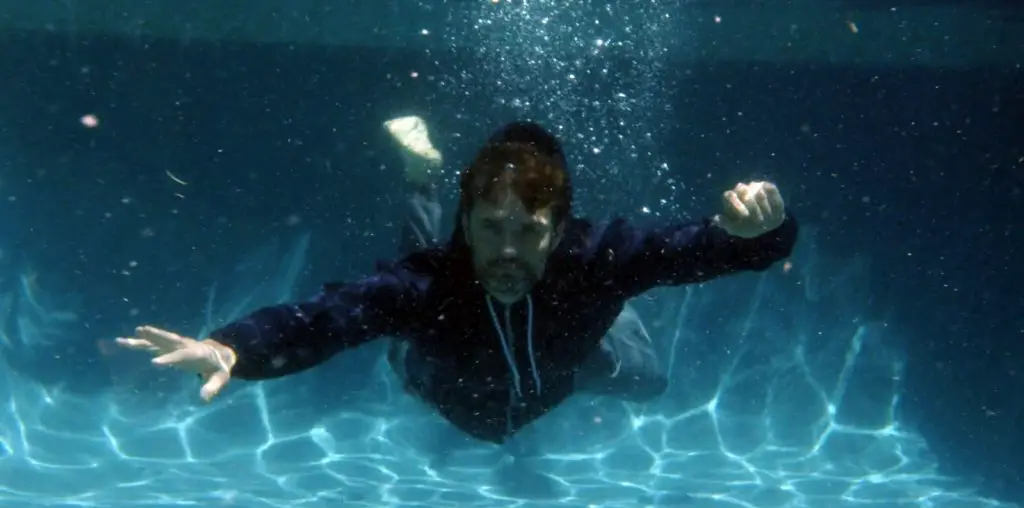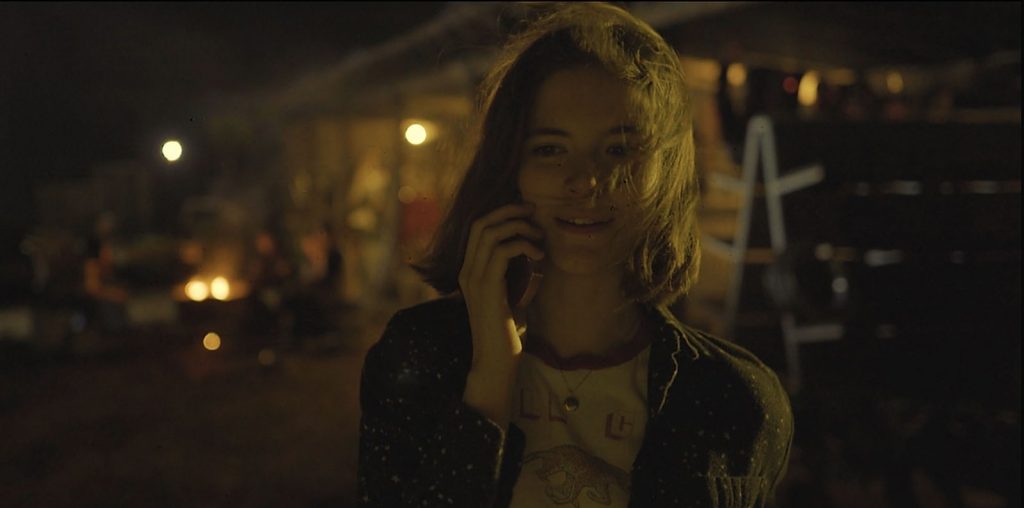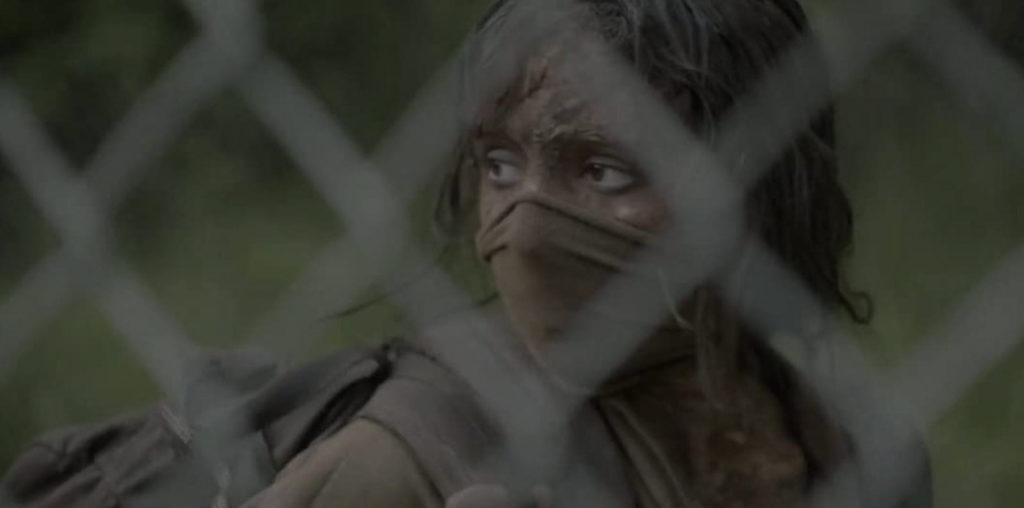
A horror film that scares you to insomnia is good in the sense that it succeeds in what it sets out to do. That you can’t sleep, however, is bad. What’s worse than a horror film that frightens you sleepless is one that disturbs you to depression. Kiyoshi Kurosawa’s “Kairo” (or “Pulse”) is such a film. Teenagers Michi (Kumiko Aso), Junko (Kurume Arisaka), and Yabe (Masatoshi Matsuo) work in a plant nursery. When their co-worker Taguchi (Kenji Mizuhashi) doesn’t show up one day, Michi goes to his house to see what has happened. She finds Taguchi as well as a disk that he was working on and is needed at the nursery. Then to her horror, he hangs himself and leaves a smudged, black stain on the wall. One by one Michi’s friends fall victim to a similar fate linked to a strange web site about ghosts. Another youngster whose life has been affected by this site is university student Ryosuke Kawashima (Haruhiko Kato). Having little to do one day, he decides to install software from an internet service provider, and his computer takes on a life of its own. Completely freaked out by his experiences, Ryosuke asks computer student Harue Karasawa for help.
With brooding visuals and a thematically charged text, “Kairo” warns against the destructive, dehumanizing power of the internet, a medium for communication that operates on creating the illusion of human interaction. Throw in its role as a conduit for ghosts and you may not be able to look at your computer for days on end. What’s so depressing about this premise is that there is no escape. Living people are increasingly outnumbered by dead people and submitting to the loneliness of death. Though the film’s end suggests that you shouldn’t be so bummed, there’s no helping it. “Kairo” means “circuit;” the implication of this definition compounds the frustration you feel for the characters. They’re stuck in a situation that has no end. Moreover, Kurosawa’s film doesn’t behave as you think it should. For instance, given the commentary on computers and the net, you’d think that Harue, the computer expert, and Ryosuke, the computer novice, would be able to fight against the life-sucking forces residing online. They seem like ideal survivors—one of them has the knowledge and the other innocence. But as the film reveals, the characters are at the mercy of the script.
Additionally, the film is literally very dark. Every shot and every scene has the capacity to scare the living daylights out of a person, but because there is such little illumination, you have to learn to anticipate and to distinguish correctly between terror and non-terror. Soon you realize that Western horror conventions don’t necessarily apply to Japanese horror films. You won’t find yourself shouting “don’t separate or you’ll die!” at the screen as frequently as you would with an American horror film. Kurosawa utilizes plot and stylistically induced anxiety to his advantage. Scientific rationale might prevail but should you watch “Kairo,” you’ll think twice before going online. You may bring about ghastly consequences you could not have foreseen.


